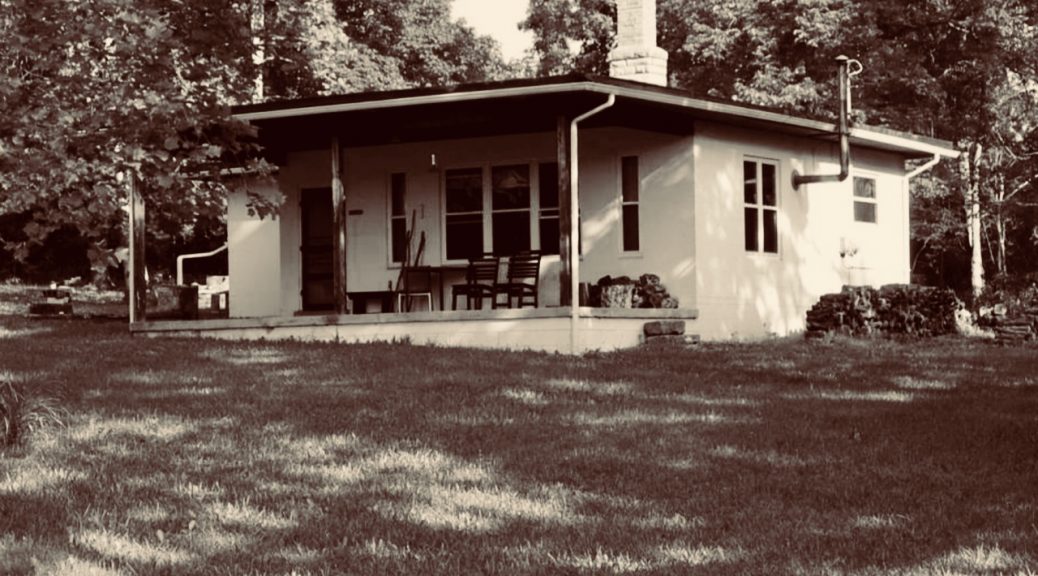Whatever else we do as living, breathing, walking, talking, sleeping, working members of the human race, we need to take time to share ritual space together. We’re too busy to stop and take a moment to be grateful, too stressed sometimes to stop and ask for help. Most disturbingly, we’re too busy to look over the wall of our own issues and to reach out to fellow human beings, whose issues – read nationality, customs, faith, religion – may be different from ours. Like a line in a Robert Frost poem called “Mending Wall,” we think “good fences make good neighbors.” We’re pretty comfortable with this sentiment. It validates a vaguely held impression that boundaries have their uses and it lets us off the hook of social responsibility.
Of course, some boundaries are useful.They ground us, and they provide a context within which and from which we can operate. But to see the wall and never to extend across it a hand or a smile is just plain wrong. That the two men who share a wall in Frost’s poem have a relationship at all is because they meet across it every year to fix the parts that have tumbled down, through bad weather, or damage by livestock. In fact, this time of connection is so valuable to both men that, as the poem progresses, we begin to suspect one of them may be causing some of the damage, as an excuse for company and communion. Frost’s point seems to be that boundaries are only useful when they provide an opportunity for relationship. And it is relationship that is, well, priceless.
We don’t need excuses to extend a hand; there’s damage everywhere. We’ve all made it.
So let’s share sacred space. Let’s rebuild together and repair together. But how on earth do we do this, when we pray differently, have different religious agenda, customs, and expectations? How do we bridge those kinds of divides? There is one tradition that is common to most faiths – the tradition of contemplative prayer or silent meditation. What better medium to share than silence? Silent contemplative prayer brings us to a place of absolute tranquility: a word-less, ego-less, doctrine-less haven, where we can rest, simply and fearlessly, in the sacred. Sharing silence together – across traditions and across boundaries of faith – sharing silence reaffirms that, while we may stand before gods of a different name, we stand together in our humanity, with all of its faults and all its beauty.
So find a centering prayer or meditation group near you, and try silent prayer on for size. You and your neighbor, and the things that are broken between you, will be glad you did.



